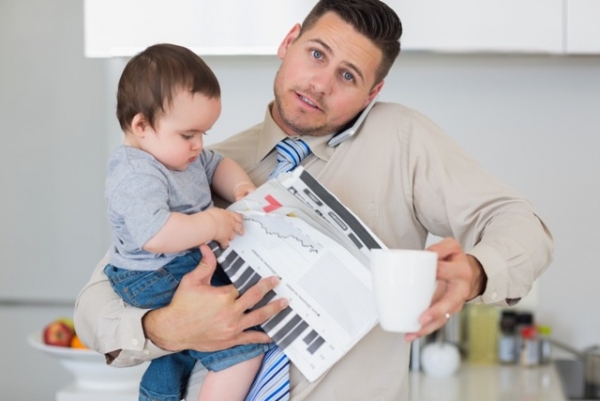Most women know that juggling caring for their children and working is tiring, stressful and sometimes feels like an impossible task, but a new study from the University of London has shown that unfortunately this kind of life will be far from even when you reach your 50's.
The research shows that the burden of caring for their family takes it's toll on 55 year old women and their health suffers as they juggle responsibilities.
The study has shown that the female over 50's take on a ‘disproportionate’ share of caring responsibilities for younger and older relatives - with one in five spending more than ten hours a week caring for others. This is compared to 14 per cent of men.
The statistics are surprising:
65% had ‘some form of regular caring responsibility’ for either grandchildren, parents or children under the age of 18
64% of 55-year-olds with a living parent ‘regularly or frequently’ helped them
One in ten grandparents offer regular help to look after grandchildren and did so for 35 hours or more every week.
Their quality of life and finances are being adversely affected as they cope with the strain of being among the ‘most tightly squeezed’ sandwich generation of modern times.
Those who spent ten or more hours a week caring for grandchildren, parents or both were ‘considerably less likely’ to report their health was ‘excellent’ or ‘very good’ (40 per cent) compared with those who provided less than ten hours (51 per cent).
They were also less likely to say ‘that they often felt full of energy, that their lives were full of opportunity, or that the future looked good’.
IoE researchers said: ‘Our research shows that spending more than ten hours a week caring for parents or grandchildren is associated with poorer health and self-rated quality of life.’
Women were hardest hit financially by providing high levels of care. They were ‘significantly more likely not to be working than those spending less time helping others’. Changes to the state pension age mean that women will have to decide in future whether to leave paid employment before they are 66 and live on less or juggle work with caring responsibilities.
These increased pressures on people in their fifties, particularly women, means that employers will need to be encouraged to adopt “family friendly” working policies towards older employees to ensure people's health is prioritised.





